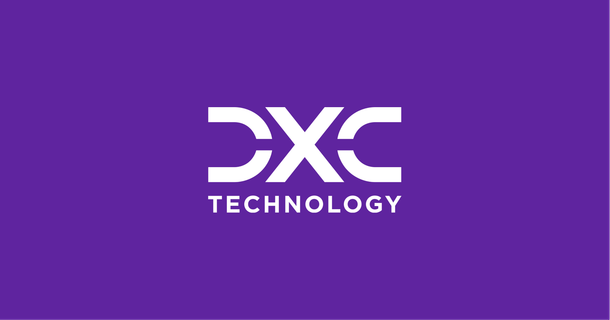Data analytics for marketing teams
Optimize campaigns with our AI-fueled analytics tools and tie marketing initiatives directly to ROI.

Transform your marketing strategy with data-driven insights
Unlock the full potential of your marketing team with our advanced analytics platform.
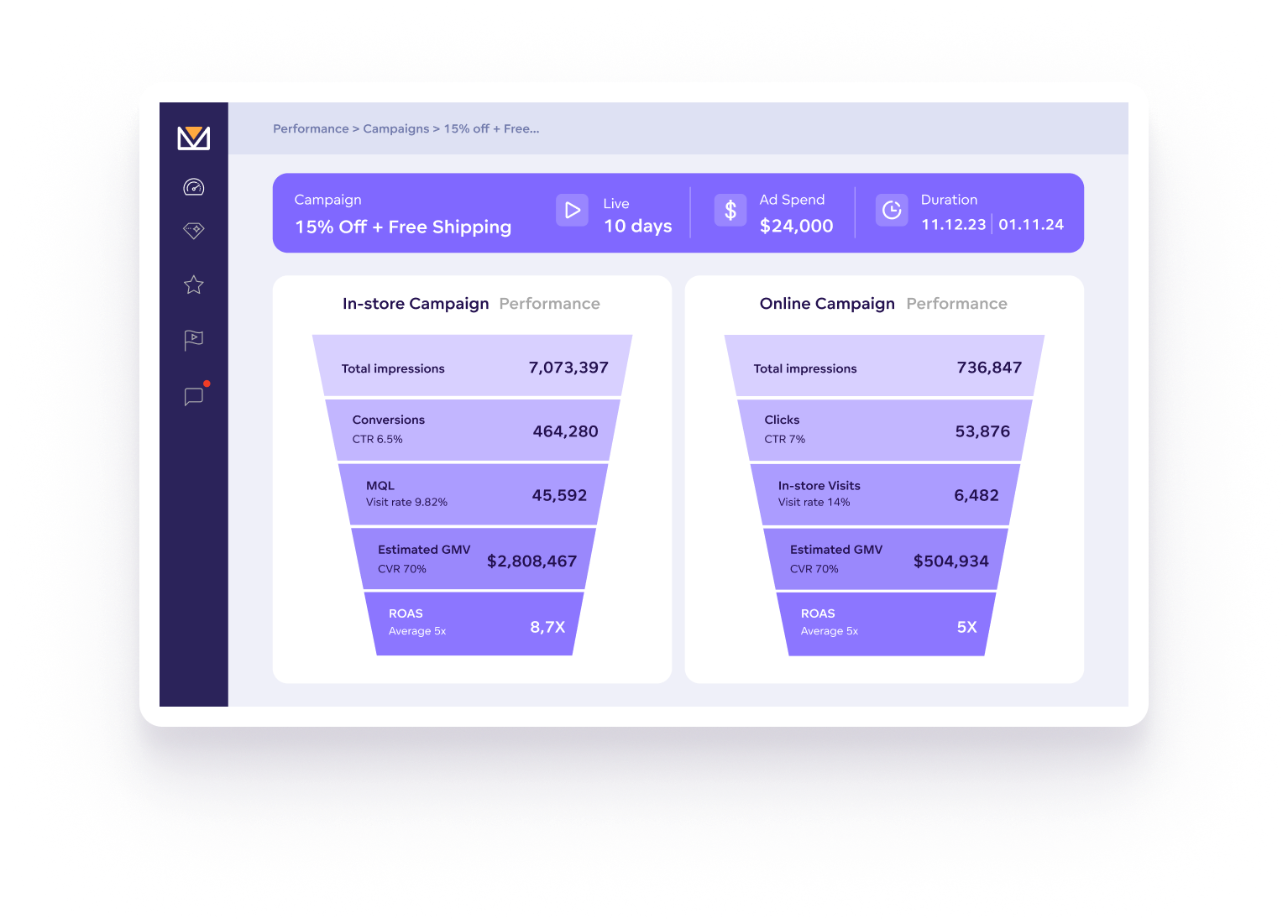
Accurately monitor marketing campaigns
- Get real-time insights into campaign performance, customer behavior, and overall marketing ROI.
- Turn complex digital marketing data from multiple sources into accessible charts and dashboards.
- Identify trends and areas that require attention for campaign optimization.
- Anticipate customer needs and predict churn risk with predictive analytics.
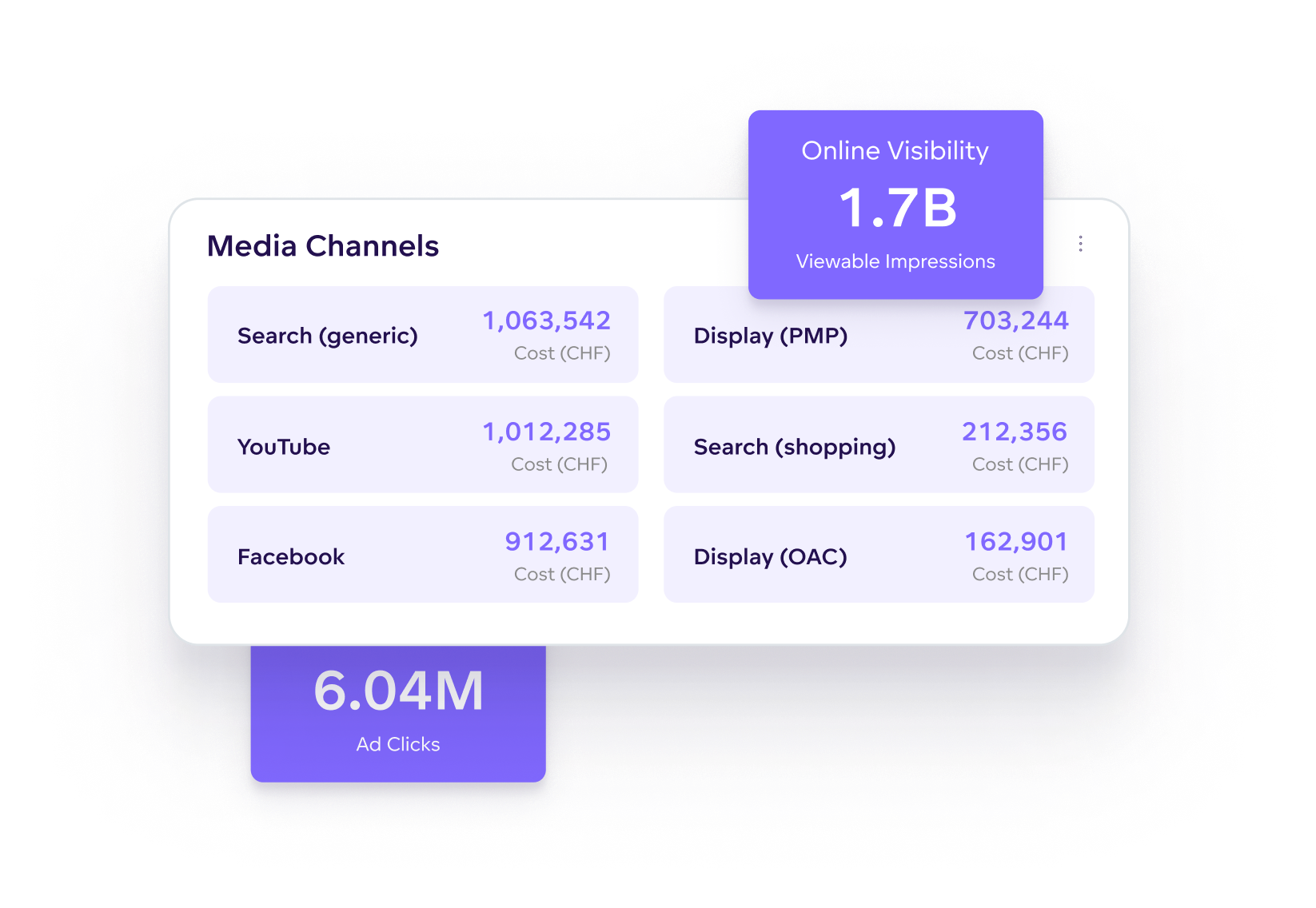
Analyze marketing channels in one place
- Get a unified view of your digital marketing channels without switching between apps.
- Define a single set of metrics to measure success across your business.
- Track key metrics such as traffic, conversion rates, and cost of acquisition, in one location.
- Configure alerts to measure progress against specific targets and thresholds.
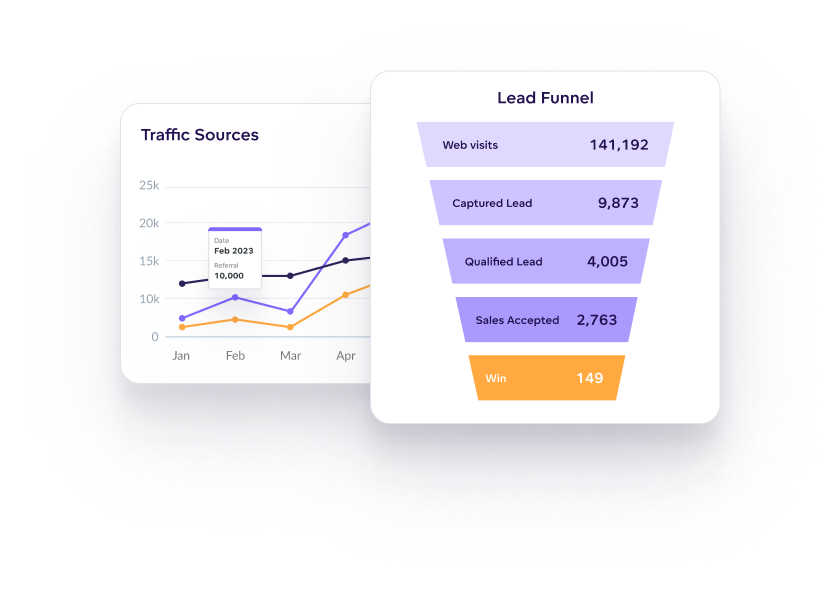
Accelerate user acquisition and conversion
- Bring together marketing, sales, and customer success data into a single source of truth.
- Easily share performance insights with non-technical employees and stakeholders.
- Convert active users more efficiently.
Dive deep into our success stories
Examples of marketing dashboards
Get inspired by these dashboards used by marketing teams
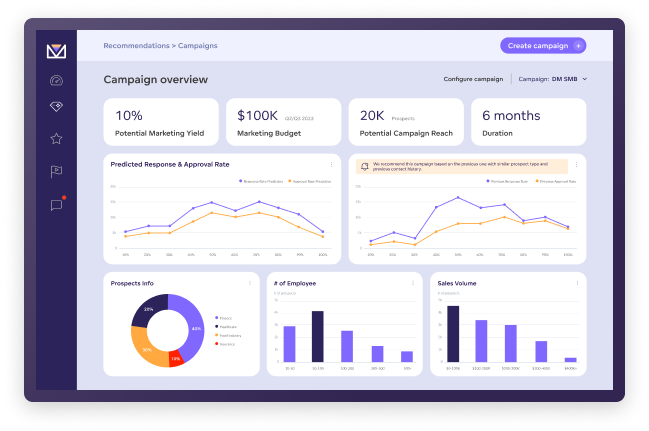
Complete overview of marketing campaigns
Get a snapshot of marketing KPIs to learn about factors such as campaign performance, funnel analysis, and ROI of individual marketing initiatives.
- Interactive dashboards, embeddable at the point of work
- AI semantic search, forecasting, and more
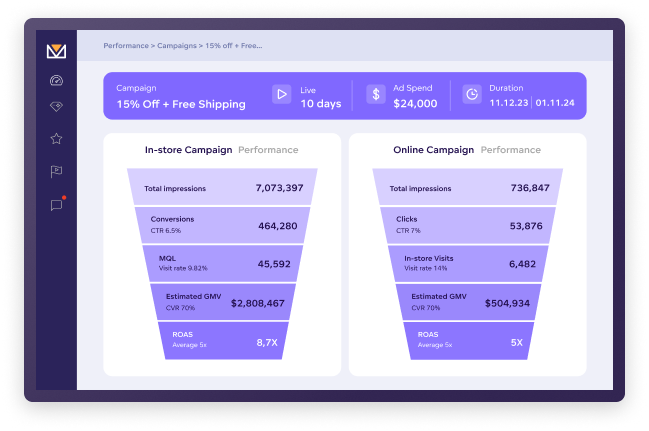
Marketing channel performance at-a-glance
Digital marketers can see key metrics such as traffic, conversion rate, and cost of customer acquisition. Performance of the various marketing channels can be shown side-by-side for easy comparison.
- Real-time insights for faster decision-making
- Opportunities to drill into the data for further insights
Discuss your use case with us
See how GoodData can help with your analytics goals.
Why choose our analytics platform?
Reasons why companies love our analytics platform include:
Smoothly implement in your ecosystem



Deploy in GoodData Cloud
GoodData Cloud is a SaaS product operated and maintained by us. Customers receive continuous code updates and it can be deployed in AWS, Azure, and multi-region.



Deploy Self-hosted
Self-hosted uses the same codebase as GoodData Cloud and is ideal for users needing enhanced security, governance, or control for data residency or regulatory compliance.





Integration
Open APIs and declarative SDKs — connect to code repositories and 3rd-party apps, embed anywhere.




Security and governance
Trusted analytics — certifications, inherited permissions, and cascading content changes for easy admin.




Accessibility
Accessible analytics — ensuring compliance and delivering inclusive experiences.







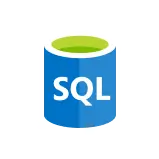





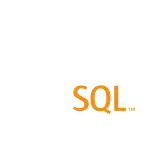






A trusted platform, loved by users


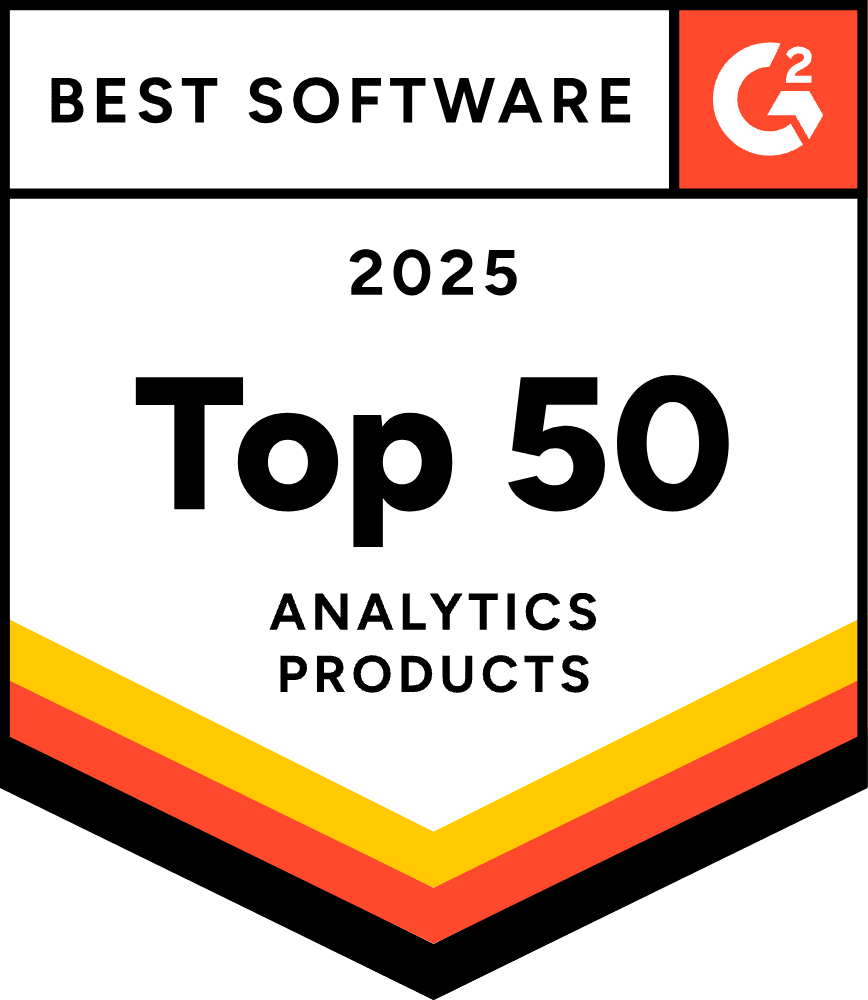



Common marketing analytics questions
Tracking the performance of digital marketing initiatives is essential for businesses that want to optimize their online presence and maximize ROI. One of the primary methods to measure the effectiveness of digital marketing is through analytics tools. For email marketing, businesses can use email marketing platforms like Mailchimp or HubSpot to track metrics such as open rates, click-through rates, and conversion rates. These metrics provide insights into how well email campaigns are engaging and converting subscribers.
Content marketing performance can be measured by monitoring website traffic, bounce rates, and engagement time (time spent on page). Additionally, content marketing platforms like Google Analytics can help track the source of traffic, enabling businesses to identify which content is driving the most engagement and conversions. Paid campaigns, such as pay-per-click (PPC) advertising, can be tracked through platforms like Google Ads or Facebook Ads Manager. Key metrics to evaluate paid campaigns include click-through rates, cost per click (CPC), and return on ad spend (ROAS). These metrics allow businesses to adjust their advertising spend and targeting strategies to achieve the best results.
Using a single analytics tool to track performance across all digital marketing areas offers several advantages. Firstly, it streamlines data management, providing one, central platform where marketers can access comprehensive insights without switching between multiple tools. This simplifies reporting, reduces errors, and saves valuable time. Secondly, a unified analytics tool delivers an overall view of the marketing landscape, enabling marketers to identify cross-channel trends and correlations. This, in turn, allows for more informed decision-making and the ability to reallocate resources strategically. Lastly, consistent metrics and reporting methodologies across different marketing channels enhance data consistency and accuracy, leading to a clearer understanding of overall campaign performance and ROI. Overall, a single analytics tool promotes efficiency, coherence, and improved decision-making in the digital marketing space.
A marketing analytics tool offers numerous benefits for businesses. Firstly, it provides actionable insights into the performance of marketing campaigns and strategies, allowing businesses to make data-driven decisions. These tools enable the measurement of key metrics, such as conversion rates, click-through rates, and ROI, helping companies optimize their marketing efforts to achieve better results and increased efficiency. Secondly, marketing analytics tools facilitate the identification of trends and patterns in customer behavior, enabling businesses to target their audience more effectively and tailor their marketing messages to specific segments. Additionally, these tools aid in budget allocation by highlighting which channels and campaigns yield the best returns, ultimately saving resources and increasing profitability. Overall, a marketing analytics tool empowers businesses to refine their marketing strategies, enhance customer engagement, and maximize their marketing ROI.
Choosing the right business intelligence (BI) tool for marketing use cases requires a thoughtful approach. First, it's essential to define your specific marketing objectives and the data you need to achieve them. Consider factors like the volume of data, data sources, and the complexity of your marketing campaigns. Next, evaluate BI tools that offer features tailored to marketing, such as data visualization, dashboards, and integration capabilities with marketing platforms like Google Analytics, social media channels, and email marketing software. Scalability and ease of use are also crucial factors; ensure the tool can accommodate your organization's growth and that marketing teams can easily navigate and extract insights from the tool. Additionally, consider factors like pricing, customer support, and user training to ensure a seamless adoption process. Ultimately, the right BI tool for marketing should align with your specific needs, streamline data analysis, and empower your marketing teams to make informed decisions and drive successful campaigns.
Leveraging artificial intelligence (AI), predictive analytics, and advanced analytics in digital marketing can be a significant advantage for businesses. Start by harnessing AI to automate tasks like personalizing content, segmenting audiences, and optimizing advertising campaigns. AI can analyze vast amounts of data to identify patterns and preferences, enabling more precise targeting and improving the customer experience. Incorporate predictive analytics to forecast trends and customer behavior, allowing you to proactively plan and adjust your marketing strategies. Advanced analytics tools can help you gain deeper insights into customer journeys, uncover hidden opportunities, and fine-tune your marketing efforts for maximum impact. By combining these technologies, digital marketers can not only enhance their efficiency but also achieve better results. This will ultimately lead to higher ROI and a competitive edge in the digital landscape.
Try GoodData yourself
See how GoodData can help with your analytics goals








